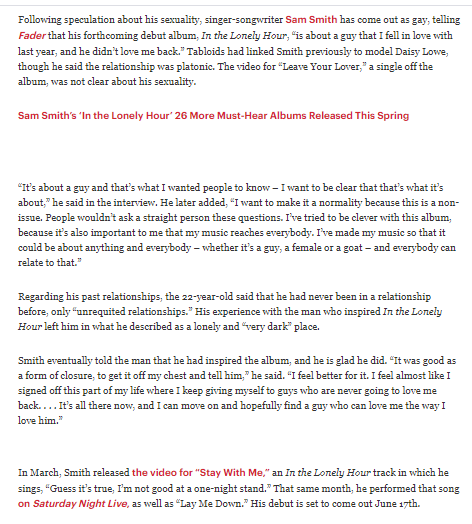

Clarkson spent years trying to calibrate a balance of pop, rock, and balladry before settling on the glossy electropop of 2015’s Piece by Piece, a passable record that sounded more like the work of producer Greg Kurstin (Sia, Kesha, Adele) than the singer whose name and face graced its cover. Subsequent works, such as her 2007 album My December, bravely pushed her sound into darker, more guitar-based territory, at some cost to her chart traction. Early solo singles such as “Miss Independent” and “The Trouble with Love Is” gestured to sultry dance-pop, but Clarkson’s heart seemed to lie elsewhere. (See: Sean Astin as the all-purpose computer whiz who solves a few puzzles in Stranger Things 2 by somehow knowing everything.) The pop analogue is tracking down the biggest producers and writers in order to offer your own twist on the prevailing sound of the radio.Īs the inaugural star of the postmillennial TV-singing-contest craze, Kelly Clarkson cut her teeth on soul and singer-songwriter standards and won the first season of American Idol, only to be nudged into a pop scene a little more concerned with state-of-the-art R&B and dance music than the gale-force vocal performances she excelled at. In TV, that can mean the addition of a famous face playing a precocious new character. You don’t get to keep making the stuff unless you can keep people’s eyes on the product, and the quest for longevity sometimes leads its creators to embrace worn-but-proven formulas. A good song grabs you by the 30th second and turns you loose in the third or fourth minute an airtight sitcom plot is set up in 5 minutes and resolved in under 30. Pop music is a lot like television: The good stuff is gripping and expressive, but also beholden to rules of structure and format.


 0 kommentar(er)
0 kommentar(er)
